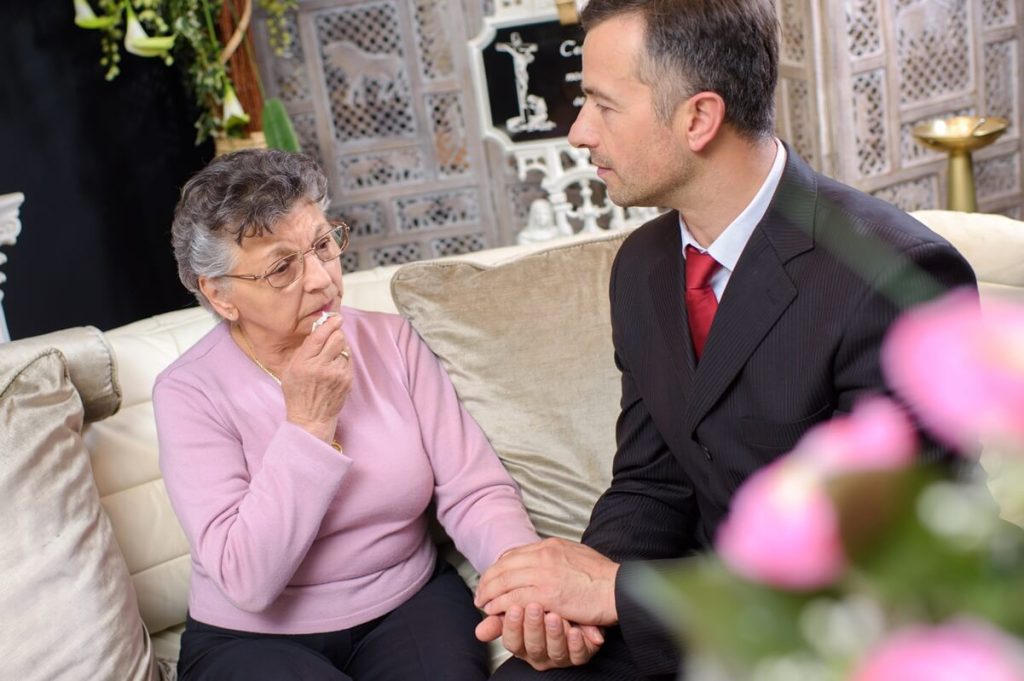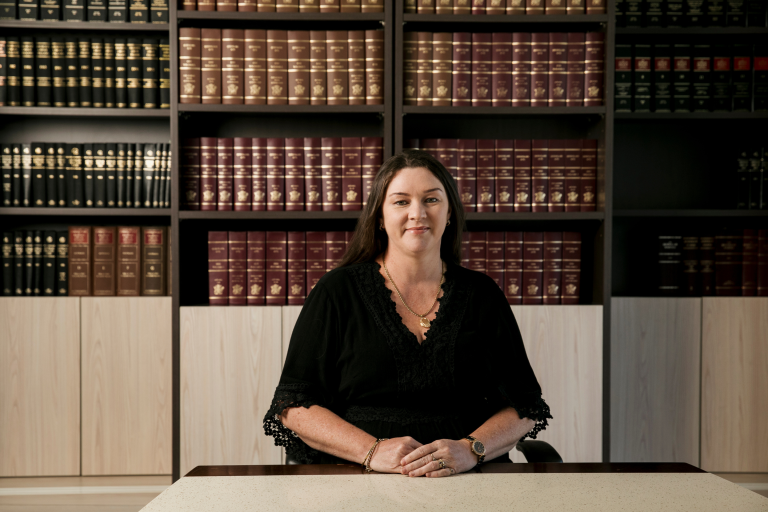Disclaimer: This article provides general information explaining complex legal concepts, please contact Butler McDermott Lawyers for legal advice.
Putting off writing your will? It might feel morbid, or it might just feel unimportant right now. However, it can cost your family so much more if you pass away without a will. While they are going through the grieving process, they will have to go through the struggle of paperwork and fights over finances. Your passing can be a lot more peaceful for your family if you choose to write a will.
What happens if you die without a will in Queensland?
If you die without a will, it means that you die “intestate.”
A family member, such as your spouse or child, must apply for a grant of letters of administration to the Supreme Court to gain responsibility to distribute the estate. This application process is similar to that of an application for a grant of probate.
The administrator of your estate will have to distribute your estate pursuant to the rules of intestacy according to the Succession Act 1981 (Qld), which is discussed in the following sections.
When there is both a spouse and children surviving
If you die survived by a spouse and children then, your spouse will receive the first $150 000 and the chattels of the household. After this, the remaining estate will be divided between your spouse and your children. Depending on how many children you have your spouse will receive either a half or a third of what remains.
In Queensland, a spouse includes your husband, wife, or de facto partner at the time of death. There are many factors the court will consider in determining whether you are a deceased’s spouse if you are in a de facto relationship. However, generally, for the purposes of the Succession Act your de facto partner will be considered your spouse provided you have been living together on a genuine domestic basis for a continuous two years at the date of death.
Under intestacy rules, children include both natural born children and adopted children but exclude stepchildren. While it is irrelevant whether the child was born or adopted within or outside of marriage, there is proof of paternity requirements for children born outside of marriage.

When there is a spouse but no children surviving
If you die with a spouse surviving but without any children, then your spouse will receive all your estate after any debts and administration expenses are paid.
When there are children but no spouse surviving
If you die with no spouse and are survived by children, then your children will receive an evenly distributed amount of your estate. If one of your children does not survive you, their children (your grandchildren) will receive your deceased child’s share of the estate.
When there is no spouse or children surviving
Where you have no spouse or children upon your death, your estate will go to your parents and if they have predeceased you then to your next of kin. The persons receiving the estate, the beneficiaries, must survive the deceased by 30 days before they are entitled to the estate. After your spouse and children, the estate will be distributed in the following order:
- Your parents – excluding stepparents or your mother or father-in-law
- Your brothers and sisters – excluding brothers or sisters-in-law
- Your nieces and nephews
- Your grandparents
- Your uncles and aunts
- Your first cousins

How to get a will?
You should meet with a dedicated wills and estate lawyer from Butler McDermott Lawyers to discuss everything and everyone you want to consider for your will. Your lawyer will also help you determine anything you are missing such as your funeral preferences.
You can appoint between 1 and 4 persons or entities to act as the executors of your will.
You will also need to make sure your will is updated when there are significant changes in your life and signed in accordance with the legislation to ensure that it is valid at the time of your death.
What if you have a complicated family?
If you do not have a will, you will not be able to decide who will receive your estate, or how much they will receive.
If you have a complicated family situation, this can be quite stressful for your family if they expected more or were promised certain property when they are already going through the grieving process.
For example, you may want your children to receive the majority of your estate and your stepchildren to receive a lesser amount. A clearly worded will can help you achieve this. However, be aware that stepchildren have a right to contest a will with a Family Provision Application if they feel that they are not adequately provided for. Accordingly, professional, and tailored advice is necessary to ensure you achieve your desired outcome and the people you want to benefit do benefit.
Why is a “will kit” not very helpful?
A will kit can be appealing because it can look like a simple and cheap option. However, in our experience people who complete a will with a will kit generally have problems which require legal assistance to rectify that end up outweighing the cost of having a will prepared by a professional.
The law in relation to wills and estates can be quite particular and technical. For example, you may not be able to include superannuation in your estate unless you have properly completed appropriate nomination forms in accordance with the rules of your particular superannuation fund. Further, sometimes people have assets that are owned or controlled by companies or family trusts which may not necessarily be able to be dealt with in your will.
Accordingly, it is vital that you get professional advice to ensure your property and assets pass to the people you intend.

Why is it better to get a will?
Getting a will prepared by one of our solicitors solely focused on wills and estates could greatly benefit your loved ones. It may save them money, stress, and time, allowing them to grieve.
With proper estate planning advice, you can be comforted knowing your property is going where you want after you pass away.




















